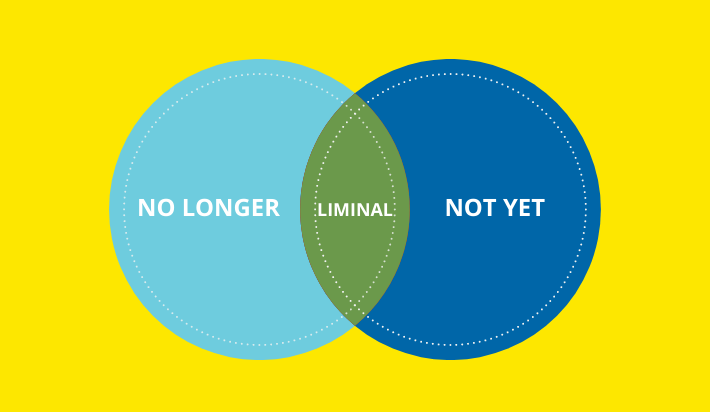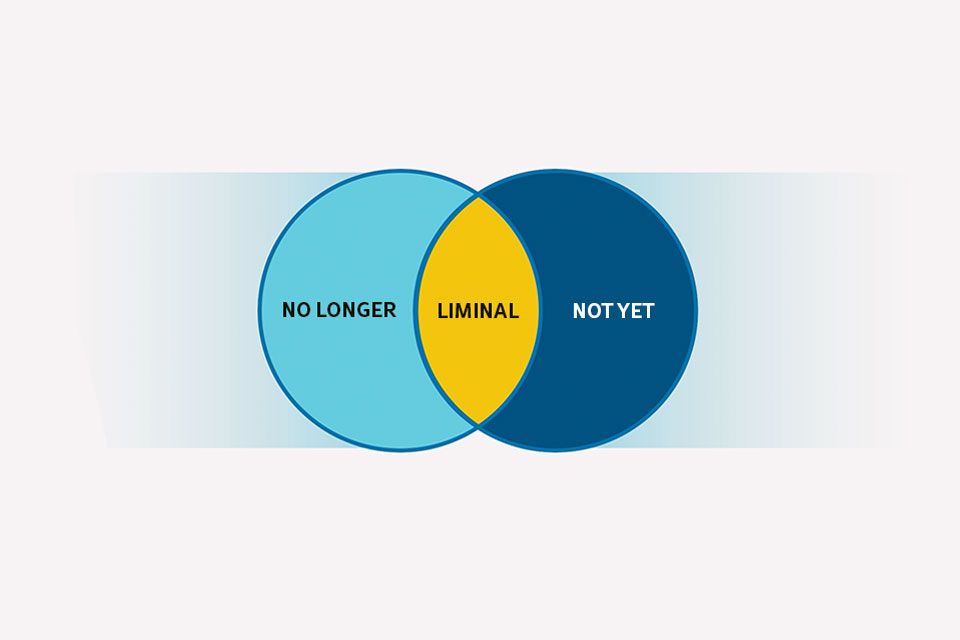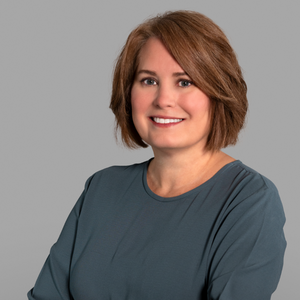Apogee is headquartered in Austin, Texas, at the boundary between the Texas Hill Country and the prairies of East Texas. We enjoy abundant greenery and forestation with lakes and streams, and our average high temperature in February is a comfy 65 degrees with an average of just four days of rainfall during the month. So, imagine our shock here when Winter Storm Uri hit, and we dipped into the single digits and experienced a statewide emergency. Millions were left without power and water for days between February 13-19. Things normalized on February 20 and all the snow and ice melted as we reached an exquisite high of 67 degrees that day.
I knew the storm was coming but had no inkling it would be so cruel. I presumed the roads wouldn’t be drivable since our city isn’t prepared to make them safe, so I stocked up on food, and I ordered a book that I had been wanting to read. I chose Wintering, by Katherine May. The thought bubble above my head said, “We don’t really have a true winter in Austin, so this will be a delightful read during this once-every-ten-year snowfall. I’ll curl up on the couch after work with some tea and read away.”
Famous last words. My power went out on February 15 for the next four days. I did curl up on the couch with some tea. And two layers of clothes, my puffer coat, a wool hat, and two down comforters. With my shivering poodle snuggled close, I read Wintering by candlelight, turning the pages with gloved hands and taking frequent breaks to boil water (thank goodness the natural gas was still flowing!) for my tea and hot water bottle.
You’re probably wondering what all this has to do with higher education and technology.
Well, first, it’s why you haven’t seen a new blog post from us in a couple of weeks. But more importantly, it’s because the book inspired me to leave you – our dear readers and followers in higher education – with an inspirational message about the transformation we are all undergoing right now.
Wintering is an exploration of the ways we emerge from difficult times and transform from hardships to usher in a new season. Ms. May uses winter as both a metaphor for these fallow times and as a natural world lens to understand and accept that life is cyclical, not linear. She wrote the book prior to the pandemic, but its message of caring for and repairing ourselves when life knocks us down has such resonance now. The book kept popping up as a recommended read soon after I published the blog post Higher Ed Burnout is Real. Creepy, huh?
One of the concepts that Ms. May explores at length is liminality, the state of transition between one stage and the next. It’s the in-between period, typically marked by uncertainty. Its Latin root is limen, which means threshold.
It’s a period of discomfort, of waiting, of transformation, where what was disintegrates, but what will be is not yet. Liminality is destructive because transformation requires the death of something to become something new. It is disorienting and chaotic as new systems and values are built and experimentation takes place.
But it’s also exciting! The restraints that held us back are removed, and the status quo is destroyed. In liminality, we embrace the tension and the pain of the waiting period. The key is to persevere through the pain and be transformed. Ms. May writes, “Life meanders like a path through the woods. We have seasons when we flourish and seasons when the leaves fall from us, revealing our bare bones. Given time, they grow again.”

Higher education is in a state of liminality. What was – the high cost of a higher education, the lack of accessibility and equity, the lack of student preparedness for the changing world of work, the life-altering crush of student debt, favoritism for the wealthy white class – was already being questioned and is now disintegrating as a result of the pandemic and social injustice reckonings. But what it will be is not yet. The leaves have fallen and have revealed the bones. In time, they will grow again, better and stronger, fairer and more accessible, reimagined and vibrant.
Together, we are transforming higher ed. I’ve had the honor and pleasure of speaking at several higher ed association events this year, and I have seen institutional leaders across finance, IT, and housing inhabit the liminal space with grace and a resolve to transform. The big question debated is often, “We want to change, but how? How do we do things differently?”
My answer – aside from the constant drumbeat of “you must innovate to win” – is to lean on each other and your technology partners. Higher ed institutions should learn from each other while you embrace your own mission, differentiation, and what you do best. To persevere through the liminal space, I recommend the following steps:
- Identify what you’re best at. Focus on your mission and what your institution is best at. This will always be unique to your school. Ms. May posits that wintering is “a moment of intuition, our true needs felt keenly as a knife.” Tap into that intuition regarding your school’s gifts and offerings.
- Identify what drives your resource engine. Now is the time to say no to suboptimal initiatives, programs, projects, and tasks that no longer serve your school and say yes to new things that will propel your school forward. You should take a lot of things off the team’s plate to make way for the new. As Ms. May says, “When everything is broken, everything is also up for grabs.”
- Prioritize. Choose which objectives are the highest priority and focus on the strategic projects and funding needed to drive the resource engine and what you’re best at. We also call this rightsizing and have an entire white paper on this topic.
- Identify how you can create a legacy of change. During this liminal moment we’re living in history, we are all trying to survive the harsh winter but with an eye to thriving in the spring. We all want to leave a legacy. We want to leave our organizations better than we found them. The pandemic has made that very hard and complex, but I would submit that being a change agent right now will have tremendous personal rewards in the next year or two. Your teams are exhausted and maybe even burnt out, so be open to changing traditions and sacred practices to come out of this stronger on the other side. Ms. May writes, “You’ll find wisdom in your winter, and once it’s over, it’s your responsibility to pass it on.”
There is light at the end of the pandemic tunnel, and this liminal moment is about becoming. Don’t shy away from it. Ms. May ends her book with this: “It often seems easier to stay in winter, burrowed down into our hibernation nests, away from the glare of the sun. But we are brave, and the new world awaits us, gleaming and green, alive with the beat of wings. And besides, we have a kind of gospel to tell now, and a duty to share it. We, who have wintered, have learned some things. We sing it out like birds. We let our voices fill the air.”
What is your institution becoming? What have you learned? What experiments (and failures) are you undertaking to become a better school? What will you sing out to your students, faculty, donors, teams, and to the American public?
At Apogee, we’re ready to help you transform. Please contact us to explore how.





